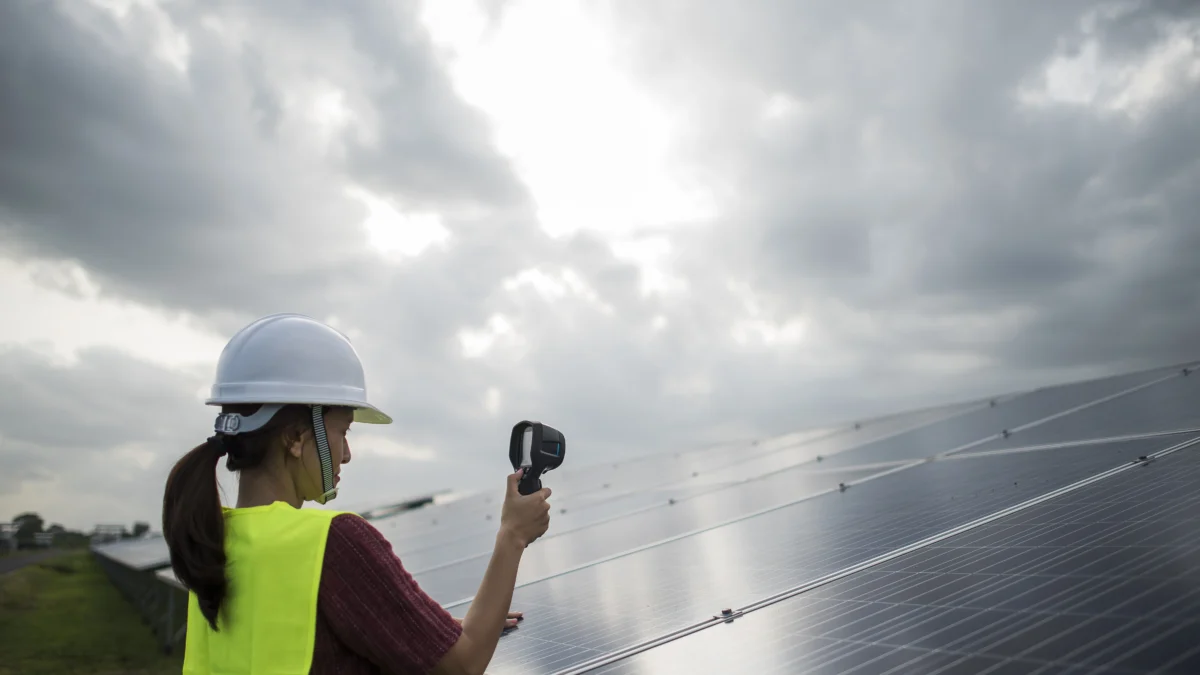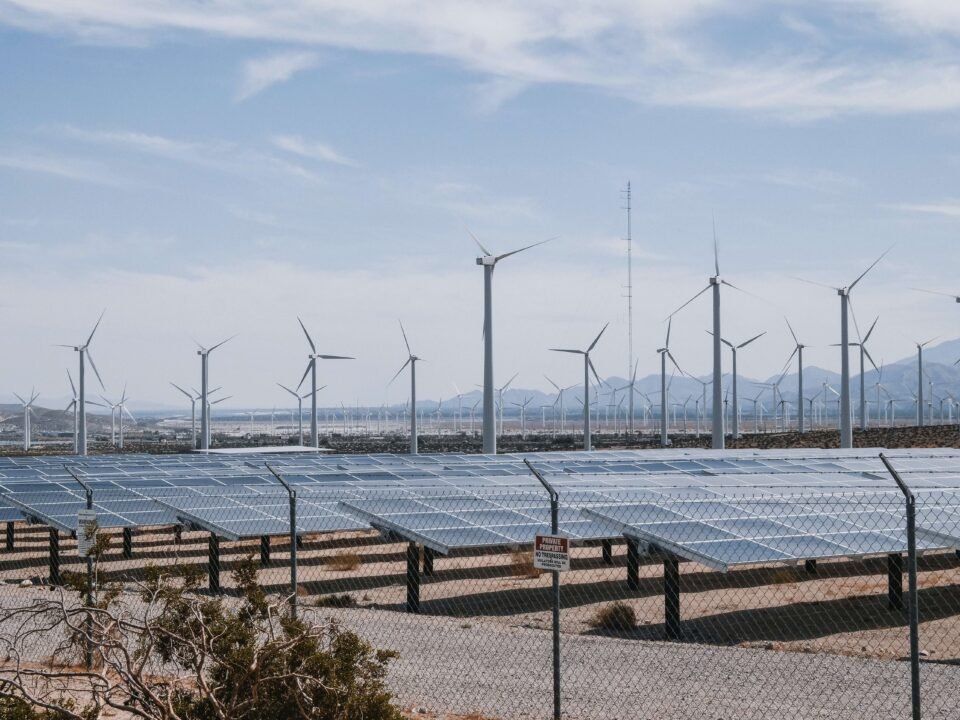In recent years, solar energy has emerged as one of the most promising renewable energy sources. With rising electricity costs and growing concerns about climate change, more homeowners and businesses are turning to sun energy solar panels as a sustainable solution. By harnessing the power of the sun, solar panels can help reduce your energy bills while significantly lowering your carbon footprint. In this blog, we will explore how sun energy solar panels can save you money and contribute to a greener planet.
Understanding Sun Energy Solar Panels
Sun energy solar panels, also known as photovoltaic (PV) panels, convert sunlight into electricity through the photovoltaic effect. These panels consist of multiple solar cells made from semiconductor materials like silicon, which absorb sunlight and generate direct current (DC) electricity. An inverter then converts the DC electricity into alternating current (AC), which is used to power homes and businesses.
How Sun Energy Solar Panels Save You Money
1. Lower Electricity Bills
One of the most significant benefits of installing sun energy solar panels is the reduction in electricity bills. By generating your own electricity, you can decrease or even eliminate your dependence on grid power. The more solar energy your panels produce, the less electricity you need to purchase from your utility provider.
Many homeowners experience up to a 50-70% reduction in their electricity costs after installing solar panels. Additionally, in some regions, net metering allows homeowners to sell excess energy back to the grid, further reducing their energy expenses.
2. Return on Investment (ROI)
Although the initial cost of installing sun energy solar panels may seem high, they provide a strong return on investment over time. On average, homeowners recover their investment within 5-8 years through energy savings. Given that solar panels typically last 25-30 years, this means decades of free or low-cost electricity.
Moreover, various financial incentives, such as tax credits, rebates, and grants, help lower the upfront cost, making solar panels a more affordable investment.
3. Increased Property Value
Homes with sun energy solar panels tend to have higher resale values. According to multiple studies, properties equipped with solar energy systems sell faster and at higher prices than non-solar homes. Potential buyers are increasingly attracted to energy-efficient homes that promise lower utility costs.
4. Protection Against Rising Energy Costs
Electricity prices have been rising steadily due to inflation, fuel costs, and infrastructure expenses. By investing in solar panels, you lock in lower energy costs and protect yourself from future price hikes. This financial stability can be particularly beneficial for homeowners on fixed incomes or businesses looking to cut operating expenses.
How Sun Energy Solar Panels Benefit the Environment
1. Reduction in Greenhouse Gas Emissions
Traditional electricity generation relies on fossil fuels such as coal, oil, and natural gas, which release harmful greenhouse gases into the atmosphere. These emissions contribute to global warming and climate change. By switching to sun energy solar panels, you significantly reduce your carbon footprint, helping combat climate change.
2. Sustainable and Renewable Energy Source
Unlike fossil fuels, solar energy is an abundant and renewable resource. The sun produces more energy in a single hour than the entire world consumes in a year. By harnessing this natural resource, we can reduce our dependence on finite fossil fuels and promote long-term sustainability.
3. Conservation of Natural Resources
Generating electricity from fossil fuels requires vast amounts of water for cooling and processing. In contrast, sun energy solar panels require little to no water, making them a more sustainable and environmentally friendly choice. This is particularly important in regions facing water scarcity.
4. Reduction in Air and Water Pollution
Burning fossil fuels releases pollutants such as sulfur dioxide, nitrogen oxides, and particulate matter, which can cause respiratory diseases, acid rain, and water contamination. By adopting solar energy, we reduce our reliance on fossil fuels, leading to cleaner air and water.
Financial Incentives for Installing Sun Energy Solar Panels
To encourage the adoption of solar energy, governments and utility companies offer various financial incentives, including:
1. Federal and State Tax Credits
Many countries provide tax credits that allow homeowners and businesses to deduct a percentage of their solar installation costs from their taxes. For example, in the United States, the federal solar investment tax credit (ITC) allows homeowners to deduct 30% of their solar installation expenses.
2. Solar Rebates and Grants
Some local governments and utility companies offer rebates and grants that reduce the upfront cost of solar panels. These programs vary by location, so it’s essential to research the incentives available in your area.
3. Net Metering Programs
Net metering allows solar panel owners to sell excess electricity back to the grid. This means that when your solar panels generate more energy than you use, you receive credits on your electricity bill. This not only helps offset your costs but also ensures that no solar energy goes to waste.
4. Solar Leasing and Power Purchase Agreements (PPAs)
For homeowners who cannot afford the upfront costs of solar panel installation, solar leasing and PPAs offer alternative solutions. With solar leasing, you rent the solar panels from a provider, while PPAs allow you to purchase the energy generated by the system at a lower rate than traditional electricity.
How to Choose the Right Sun Energy Solar Panels
When selecting solar panels for your home or business, consider the following factors:
1. Efficiency
Solar panel efficiency determines how much sunlight is converted into usable electricity. Higher efficiency panels produce more energy in less space, making them ideal for homes with limited roof space.
2. Durability and Warranty
Most solar panels come with warranties ranging from 20 to 25 years. Choose panels with a strong warranty and proven durability to ensure long-term performance.
3. Installation Costs
Compare quotes from multiple solar installers to find the best price and service. While cheaper options may be tempting, prioritize quality and reliability to maximize your investment.
4. Financing Options
Explore financing options such as loans, leases, and PPAs to determine the most cost-effective way to install solar panels.
Conclusion
Investing in sun energy solar panels is a smart financial and environmental decision. By harnessing the power of the sun, you can reduce your electricity bills, protect yourself from rising energy costs, and increase the value of your property. Additionally, solar panels play a crucial role in reducing greenhouse gas emissions, conserving natural resources, and promoting a cleaner environment.
With various financial incentives available, there has never been a better time to make the switch to solar energy. Whether you are a homeowner looking to cut energy costs or a business seeking sustainable solutions, sun energy solar panels offer long-term benefits for both your wallet and the planet.
By embracing solar energy today, we can create a brighter, more sustainable future for generations to come.




